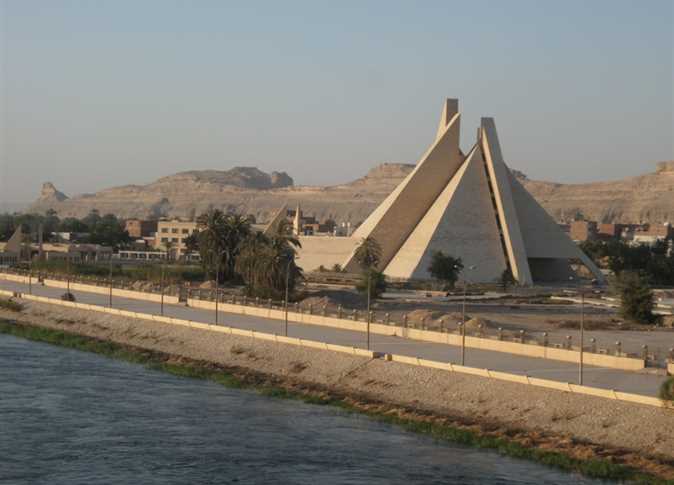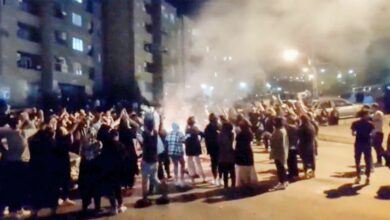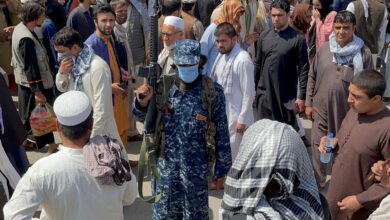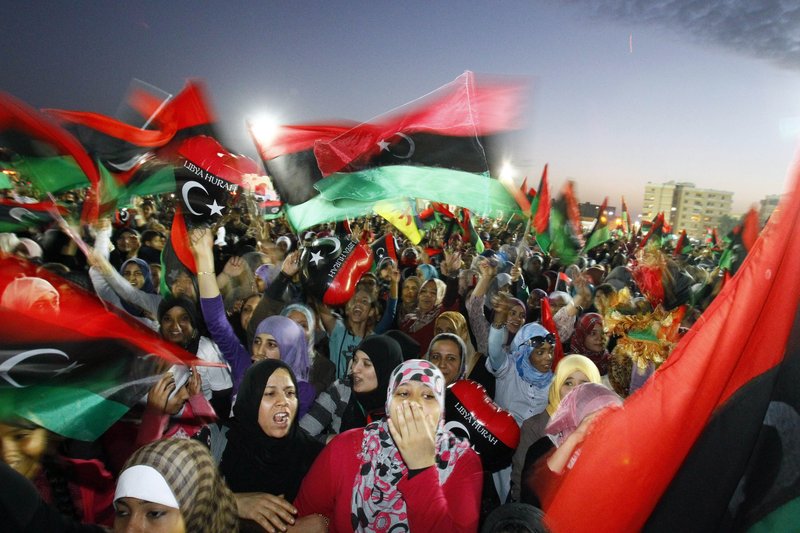Once again, political forces in Egypt disagree about how to move forward after the revolution. The current rift may be the most perilous yet and the ruling Supreme Council of the Armed Forces (SCAF) has played no small part in arriving at this impasse.
Behind the controversy is the SCAF’s decision to release a new constitutional declaration that includes a list of “supra-constitutional principles” that are intended to guide the drafting of Egypt’s constitution. Islamists reject any such principles and instead favor the process laid out in the current constitutional declaration, whereby an elected parliament would form a constituent assembly to write the new constitution without any limitations. A clash between Islamist groups, on the one hand, and the SCAF and other political forces, on the other, is imminent.
Islamists have repeatedly expressed their concern that the SCAF is biased against non-Islamist groups on this issue. Ironically, this is a belief that runs contrary to liberal fears of the army cutting a deal with the Islamists. The SCAF’s ever-shifting positions — whether real or perceived — have become its defining characteristic since it took over power, thus giving rise to widespread suspicions about the its true intentions. These suspicions have had a negative impact on the military council's image.
The SCAF needs to address this perception problem by clearly defining the role of the armed forces in Egypt's critical interim period. The most practical way to do this is for the SCAF to resolve the two most controversial political issues in Egypt right now: the supra-constitutional principles and the new Elections Law.
The SCAF has expressed its firm commitment to issuing a list of supra-constitutional principles as well as criteria for the selection of the constitutional assembly. To assuage Islamist fears that these principles will be formulated without their input, the SCAF's first step should be to reassure the public that it does not have a pre-determined vision of what the principles will look like.
The second step is for the SCAF to declare that the document will be a "preamble" to the new constitution rather than a set of supra-constitutional principles. This preamble will contain the general principles included in the constitution, as is the case with most of democratic constitutions.
The SCAF should then sponsor a dialogue between political powers with different views on what the preamble should include. Each group should be encouraged to present a written proposal for the first five articles of the constitution, specifically addressing issues of equality, citizenship, the role of Islamic Sharia, and the relationship between religion and politics. To overcome the discrepancies between the different proposals, the SCAF should then host a more focused discussion that will enable the different political representatives to find common ground.
As it stands, differences between major political powers over the first five articles of the constitution, including Article 2 that recognizes Islamic Sharia as the main source of legislation, are minor. Emphasizing the areas of agreement will help create a consensus on the preamble to the constitution, while pushing extreme views to the margins. The same steps should be followed to establish a Constituent Assembly.
With regards to the Elections Law, the SCAF should call for a similar broad-based political dialogue where alternative proposals will be submitted. Political powers should agree on no more than two draft bills to discuss with the SCAF, an easy task since most political parties have aready expressed a preference for a list-based candidacy system rather than a single-winner system.
These two issues must be on the SCAF's immediate to-do list in order to save Egypt from a growing political divide.
Translated and abridged from the Arabic Edition




